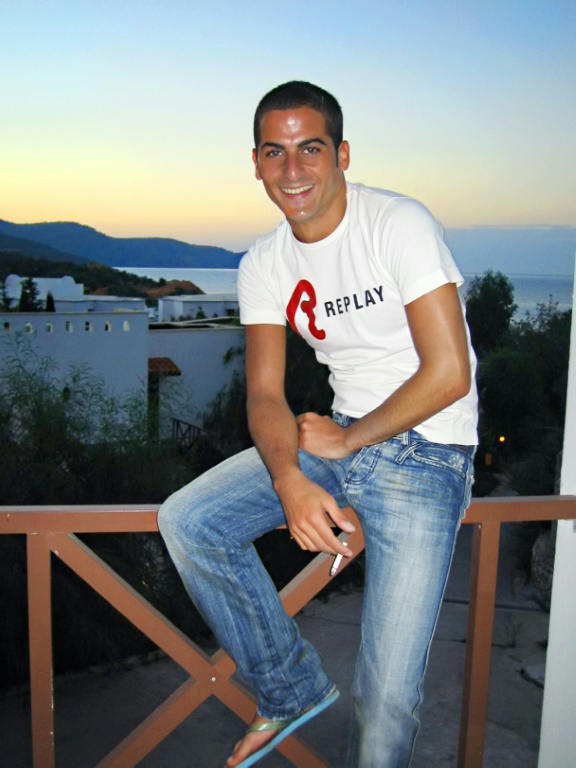The recent destruction of a memorial olive tree dedicated to Ilan Halimi, a young Jewish man who was murdered in 2006, has ignited widespread outrage in France. President Emmanuel Macron condemned the act as an expression of antisemitic “hatred” and pledged that those responsible would be held accountable. The olive tree, planted in 2011 in Epinay-sur-Seine, a suburb of northern Paris, was cut down on the night of March 13, likely with a chainsaw.
This incident was particularly jarring for the French Jewish community, which has expressed increasing concern over a rise in antisemitic incidents following the escalation of violence in the region. The memorial tree symbolized not only Halimi’s tragic death but also a broader commitment to combating antisemitism in France.
Background on Ilan Halimi’s Murder
In January 2006, Ilan Halimi was kidnapped by a gang of approximately 20 youths in the Paris suburb of Bagneux. His abduction and subsequent torture for 24 days shocked the nation. Found naked and bound on February 13, 2006, he succumbed to his injuries shortly after. The event prompted national outrage and significant protests, as initial police responses failed to classify the murder as a hate crime. The leader of the gang, Youssouf Fofana, was eventually sentenced to life imprisonment for his role in Halimi’s death.
Halimi’s murder served as a catalyst for discussions about antisemitism in France, a topic that remains painfully relevant today. Recent data from the French interior ministry indicates a sharp increase in reported antisemitic acts, with incidents rising from 436 in 2022 to 1,676 in 2023. While the numbers dipped slightly to 1,570 last year, the trend highlights a concerning pattern for Jewish communities across the country.
Political Response and Community Impact
In light of the recent tree vandalism, President Macron stated, “Every effort will be made to punish this act of hatred.” His commitment reflects a broader national resolve to confront antisemitism. Macron emphasized that France’s fight against such hatred would be “uncompromising,” ensuring that the memory of Halimi would not be forgotten.
Prime Minister Francois Bayrou described the memorial tree as “a living bulwark against oblivion,” reinforcing its significance in the collective memory of the nation. Following the incident, local officials promised to plant a new olive tree “as soon as possible,” aiming to restore a symbol of resilience in the face of hatred.
Members of France’s Jewish community, led by Yonathan Arfi, president of the Representative Council of Jewish Institutions in France (CRIF), expressed their deep sorrow over the incident. Arfi remarked, “There is nothing more cowardly, and those who have murdered his memory are no better than those who took his life 20 years ago.”
The mayor of Epinay-sur-Seine, Herve Chevreau, has filed a criminal complaint regarding the incident. Paris police chief Laurent Nunez condemned the act as “despicable” and announced that an investigation has been launched.
The legacy of Ilan Halimi continues to resonate in France, as this tragic event serves as a painful reminder of the challenges faced by the Jewish community. The recent destruction of his memorial tree only underscores the urgent need for continued vigilance and action against antisemitism in all its forms.
